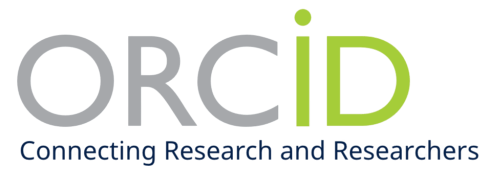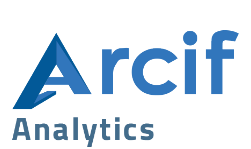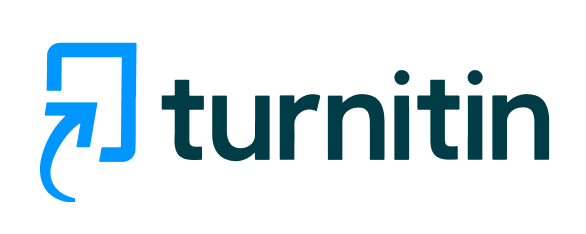محاسبة القيمة العادلة وأثرها على أدارة الأرباح في المصارف التجارية الليبية
DOI:
https://doi.org/10.37375/esj.v5i4.120Keywords:
Fair Value , Profit Management , Libyan Commercial BanksAbstract
The study aims to know the relationship between fair value accounting and profit management in commercial banks in the Libyan city of Sirte, By determining the relationship between estimates and disclosure of fair value and profit management. A number of statistical methods was using, The most important of which are arithmetic averages, standard deviations, relative weight, degree of importance, and the Cronbach's alpha to test the degree of data credibility. The hypothesis testing by using the Pearson correlation coefficient and the multiple regression coefficient at the level of significance of 5%, through a standard model that shows the relationship between the dependent variable (profit management) and the independent variables which are: fair value estimates, fair value disclosure. The study concluded that there is a statistically significant relationship between the disclosure of the fair value in the core of the financial statements and the profit management in Libyan commercial banks.
References
- Takacs, A., & Szucs, T., & Kehl, D., & Fodor, A,. (2020). The effect of fair valuation on banks' earnings quality: empirical evidence from developed and emerging European countries. A Cell Press journal, 6 (12) ,https://www.cell.com/heliyon/home.
- Šodan, S., (2015). The impact of fair value accounting on earnings quality in eastern European countries. Emerging Markets Queries in Finance and Business, Procedia Economics and Finance (32), 1769–1786. https://doi.org/10.1016/S2212-5671(15)01481-1.
- Hamadi, B., & Mejri, T., (2017). The Value-Relevance of Banks’ Fair Value Disclosures During the Financial Crisis: The Case of European Banks. Accounting Auditing Control, 23 (3), 29-62.
- Tutino, M., & Pompili, M., (2018). FAIR VALUE ACCOUNTING AND MANAGEMENT OPPORTUNISM ON EARNINGS MANAGEMENT IN BANKING SECTOR: FIRST EVIDENCE. Corporate Ownership & Control, 15 (2), ISSN Online: 1810-3057.
- Markou, D., & Tsitsoni, F., (2013). FAIR VALUE ACCOUNTING AND EARNINGS Quality: Listed Real Estate Companies in Sweden. Master’s Thesis, Karlstad Business School, https://www.academia.edu.
- Tutino, M. (2016). La fair value accounting nei bilanci delle società. Kluwer, Padova.
- (2011). International Financial Standard 13 – Fair Value Measurement, edited by I. A. S. C. Foundation. London: IASB.
- DeFond, M. L. (2010). Earnings quality research: advances, challenges and future research. Journal of Accounting and Economics, 50 (2):402-409.
- Ghazali, A, W., & Shafie, N, A., & Sanusi, Z, M,. (2015). Earnings Management: An Analysis of Opportunistic Behaviour, Monitoring Mechanism and Financial Distress. Procedia Economics and Finance, 28: 190-201.
- Healy, P. M., Wahlen, J. M. (1999). A Review of the Earnings Management Literature and its Implications for Standard Setting. Accounting Horizons, 13, 365-383.
- Carrut, P. J. (2011). Earnings Management: The Role Of Accounting Professionals. International Business & Economics Research Journal, 1 (3): 9-14.
- Song, C.J., & Thomas, W.B., & Yi, H., (2010). Value relevance of FAS no.157 fair value hierarchy information and the impact of corporate governance mechanisms. The Accounting Review, 85(4), pp.1375-1410.




































